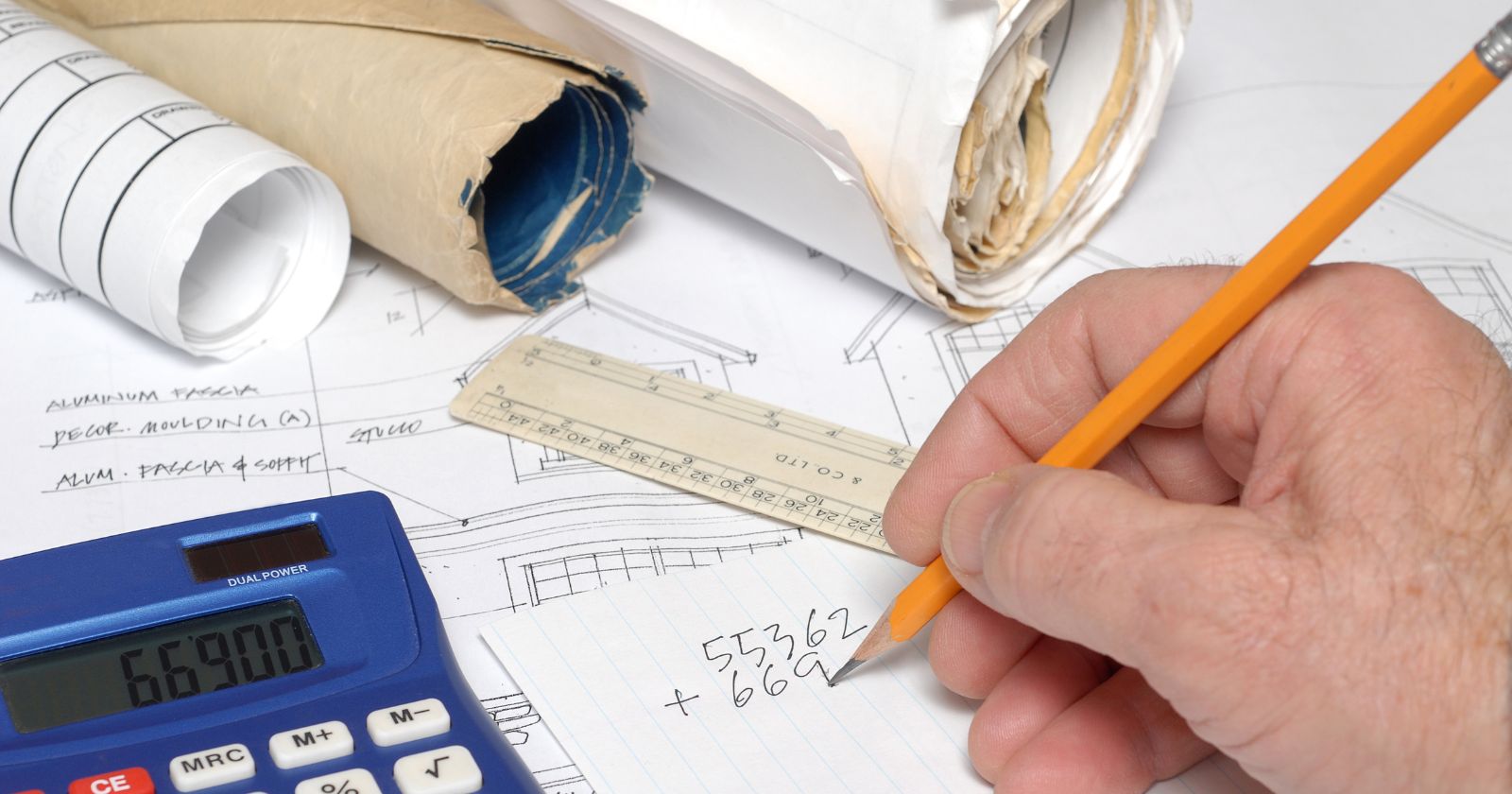
-
Mon to Fri: 08:00 am to 06:00 pm
Cost & Budget Estimations

Budget Cost Estimates
For businesses unfamiliar with the concept of facilities management procedures, can seem like a money pit and perhaps a blank cheque.
However, facilities management is a service that can save your business considerable costs over the life cycle of the building and maintain the capital value of the property.
We know that there is a lot of confusion and insufficient education out there when it comes to facilities management pricing. That’s why Realpoint is dedicated to provide transparency with our facilities management costs structure. Every client is different and has different needs and we can create a bespoke facilities management plan that meets their goals.
How much does facility management cost?
When it comes to facilities management, there is no singular facilities management pricing structure, or one single approach matching all the needs and requirements.
Facilities management is a service that is highly dependent on the building's use or uses and the client’s objectives. It’s impossible to provide a cost estimate for facilities management of a building before knowing important elements needed as:
How big is the space?
How many employees or tenants occupy it?
What are the client’s goals and budget?
life-cycle costs
-
Current condition
-
Current operations and performance
-
The relationship between the Landlord and tenant
All of these aspects have to be cleared before facilities management costs can be discussed in detail.
Usually, the biggest concern our clients have is the overall cost of facilities management. While facilities management concerns the day-to-day operations of functional buildings, it’s just as important that any facilities management plan takes into account long-term objectives, too. This is the only way that effective facilities management can be implemented.
What are the types of cost estimates?
Informational Budget Estimate
This phase is useful for budgeting purposes, to get an idea of the size and timeline of the potential project cost, and for accurate response to jobs at a little cost risk.


Job Cost Not to Exceed Price
This stage is used mostly for moderate-size projects typically under a specific amount of money, with moderate cost risk, and for "fast track" projects that cannot wait for full detailed design completion and for those customers who need to justify the additional cost exposure.
Preliminary or Order of Magnitude Estimate
This is an early-stage estimate used to provide a rough cost range for a project. It is based on limited information and is typically expressed as a percentage range (+/-) around a midpoint. This estimate is useful for initial project evaluation and feasibility studies.
Budget Estimate
A budget estimate is prepared during the project planning phase and provides a more refined cost approximation. It is based on the available project scope, conceptual design, and historical cost data. The budget estimate helps in setting project funding goals and determining the financial feasibility of the project.
Detailed Estimate
A detailed estimate is prepared when the project design is well-developed and more information is available. It involves a comprehensive analysis of all the project elements, including labour, materials, equipment, subcontractor costs, and indirect expenses. The detailed estimate provides a more accurate and itemized breakdown of costs.
Bid Estimate
This type of estimate is prepared by contractors or subcontractors when bidding on a construction project. It involves a thorough examination of project plans and specifications to determine the costs associated with completing the work. Bid estimates are typically detailed and competitive to secure the project.
Change Order Estimate
A change order estimate is prepared when there are modifications or additions to the original project scope. It involves assessing the cost impact of the changes and providing an estimate for the additional work. Change order estimates help in negotiating contract changes and managing project variations.
Final Estimate
The final estimate is prepared at the end of the project, incorporating actual costs incurred during construction. It compares the estimated costs to the actual expenses and helps in evaluating project performance, identifying cost overruns or savings, and providing data for future cost estimating.
It's worth noting that the terminology and specific details of cost estimates may vary depending on the region, organization, or project. Construction professionals use their expertise and experience to develop accurate cost estimates and manage the financial aspects of construction projects effectively.


Quality Evaluation provider



